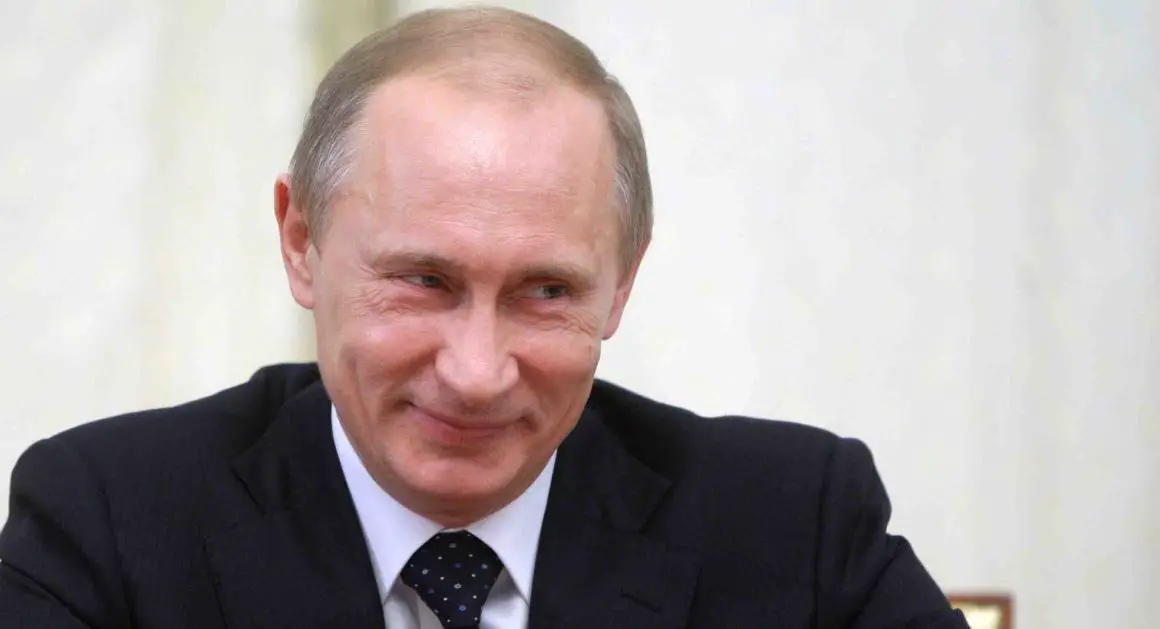The National Review (NR) has a story that pretty much explains the 2016 election Russian connection: Yes, there was meddling. Even Trump finally admits that (after eight months of denying it—sorta like the “Birther” issue). But NO—there is no evidence (so far) that there was any collusion between Russia and the Trump campaign.
And that shows how divided (and idiotic) our politics have become. Democrats are running around, claiming all sorts of sins and crimes by Trump. Meanwhile, Trump and his gang have been “shocked, shocked” that anyone would think America’s biggest fan, Vladimir Putin, would ever, ever do anything not nice.
Of course, the Review sort of overdoes it. NR claims that “we now know” there was no collusion. That’s not true. We just haven’t found any evidence of it. There’s a big difference.
Over a period of weeks, Trump came to understand what was being done to him. His exasperation was evident in his every bull-in-a-china-shop turn. An ardently pro-law-enforcement candidate, he came to office believing the FBI was in the fraud-exposure business. He thus could not comprehend why then–FBI director James Comey would not assure the public of what Comey was privately assuring both the president and the public’s representatives in Congress, namely: The notion that the president was a suspect was false. Implicitly, the narrative that Trump had colluded with Putin to steal the election was false.
While NR has not been a fan of Russia, the publication has been a reliable and reasonable proponent of conservative ideology since it was founded by the erudite William F. Buckley in 1955. So it is not surprising that NR admits believing the Russian meddling.
To be clear, the Russia investigation is not a fraud. The Trump collusion narrative is. Russia did try to interfere in our election, as it always does. And there were associates of Trump’s who had business with Russian interests. Nothing unusual about that either.
And NR points out that Democrats are chasing a dream. It would be great for them if evidence were found that Trump and Putin had a clear plan. Until something of that sort does pop up, they are wasting their time and resources. Dems would just love a “Birther” kind of issue to hang over Trump’s head, as the GOP was able to do to Obama.
The president justifiably believed this cloud of suspicion was grievously harming his fledgling administration. Despite both the dearth of collusion evidence and Comey’s acknowledgment — in non-public Capitol Hill briefings — that Trump was not a suspect, congressional Democrats continued to peddle the collusion narrative. The narrative became the rationale for “The Resistance.”
After the flame-out of the “Electoral College has destroyed democracy” storyline, the Left moved on to “collusion” as the Original Sin that rendered Trump illegitimate. Thus, Democrats rationalized, it was imperative to deny cooperation with Trump on any matter of governance — the approval of executive officials needed to run the government, the confirmation of judges, the Obamacare collapse, tax reform, Syria, debt ceiling, Afghanistan, jihadist attacks in the U.S. and Europe. Anything. The point of the collusion narrative was to delegitimize Trump in the public mind; cooperating with him, treating him as the legitimate president of the United States, was out of the question.
Trump wanted to have the FBI declare that he was innocent, but the investigation continues, and nobody knows where it will ultimately lead.
Even less compelling was the rationale that the FBI should resist public statements about an ongoing investigation. The Hillary Clinton e-mails caper had revealed the arbitrariness of this once-solid protocol. The FBI now seemed to speak publicly, or refrain from doing so, based solely on Comey’s subjective sense of “the public interest.”
The problem with that is that Comey’s hand was forced. Because of the Bill Clinton-Loretta Lynch meeting, she was not in a position to speak on Hillary. Also, there was a report that the Russians were preparing to publish fake claims that the FBI investigation was ready to strike at Hillary. So Comey felt that he had to act.
The problem with using the Hillary example is counterproductive. Comey’s announcement that the Hillary investigation was closed did nothing at all to stop the discussion about it. If anything, it further enflamed both sides.
Another problem with announcing someone is not under investigation is that when the investigation is reopened, for whatever reason, the public reaction is strong and negative. While Comey’s July announcement that Hillary was cleared didn’t help her, his late October announcement that she was again—did more than anything else, at that exact date, to throw the election to Trump. Imagine the uproar if, after publicly clearing Trump, the FBI publicly announced that it had found a trove of emails that might be damning.
Comey explained to Trump, was his fear that if he publicly cleared the president, but then some unanticipated evidence emerged at some unknowable future time, raising new suspicions, Comey would be obliged to publicly brand Trump a suspect.
NR says that one of Trump’s weaknesses also suggests his innocence. And explains why he felt that he had to deny the obvious—Russian involvement—as long as there was any chance that it might be tied to him.
Trump’s self-absorption is his most blinding character flaw. It is a valid complaint that he does not care enough, if at all, about Russia’s interference in the election — i.e., that he thinks only about the media’s use of it to tarnish his victory, not what it augurs about Kremlin intrusions in American political processes. But neither did Trump care enough about the Russia investigation to obstruct it. What he cared about, obsessively, was the false suggestion that he was complicit in whatever the Kremlin had done.
Democrats should have stood on the sidelines of this issue—and focused on the ACTIONS of the Administration, which are going to have a real-life impact on real, live people.
